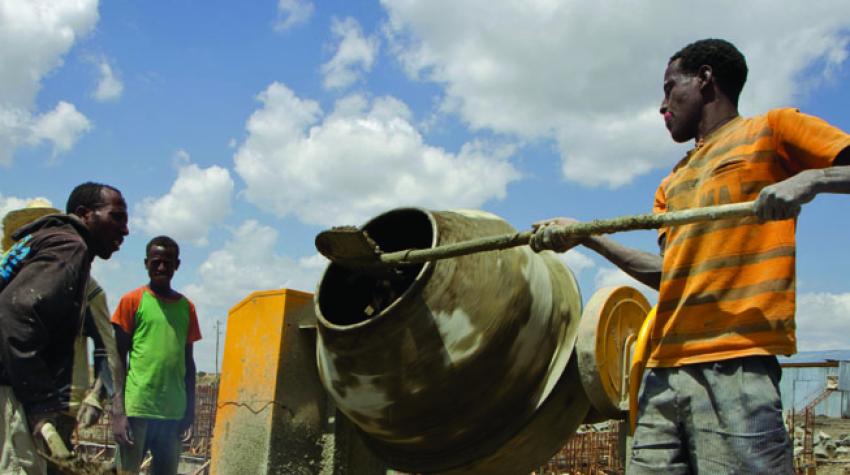
The Demand for Responsive Architectural Planning and Production in Rapidly Urbanizing Regions: the Case of Ethiopia
Over the past few years, compelling evidence has emerged that Ethiopia has begun its transformation in almost all spheres, revealing both potentialities and challenges. In this period of heightened dynamism, the subject of urbanization, which has long been neglected in political and development discourse, is becoming a central agenda.
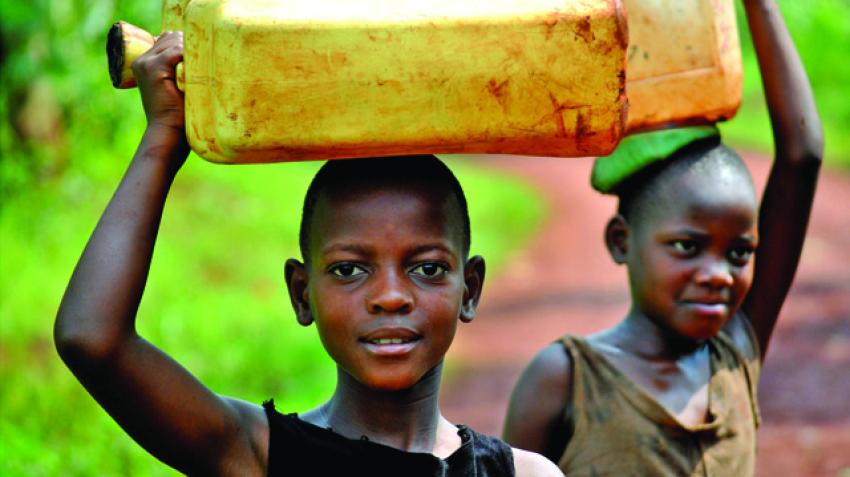
Why Organized Grassroots Women Matter in the Sustainable Development of Rural Communities
Women and girls are not intrinsically vulnerable but their social, economic and political conditions make them susceptible to risks and vulnerabilities. In the context of the 2030 Agenda for Sustainable Development and the United Nations Conference on Housing and Sustainable Urban Development (Habitat III), to be held in Quito, Ecuador, 17–20 October 2016, the imminent threat of climate change must be seriously considered, as it increases the risks and vulnerabilities afflicting women and girls, including rural women and their communities.
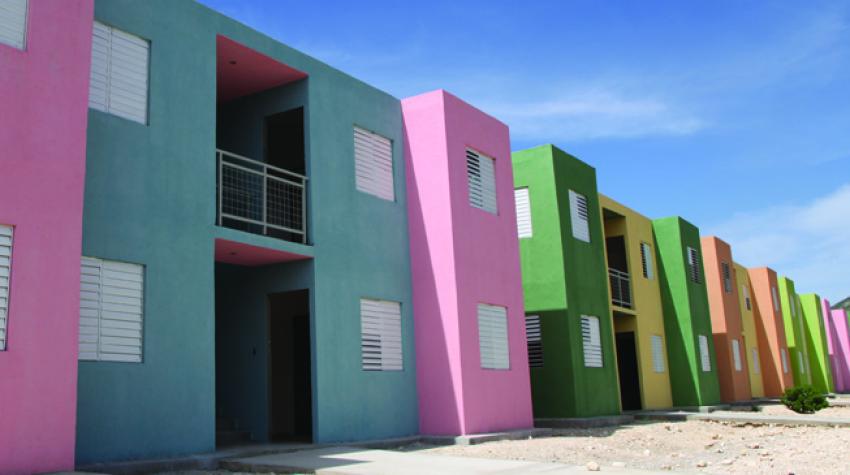
Learning from Local Building Cultures to Improve Housing Project Sustainability
The history of construction shows that builders have always been creative in adapting and upgrading housing structures by making the best use of locally available resources to meet their needs, while taking into account local economic, social and climatic constraints. Societies worldwide have developed building cultures that result in 'contextual' architecture, corresponding to unique construction methods and specific ways of life.
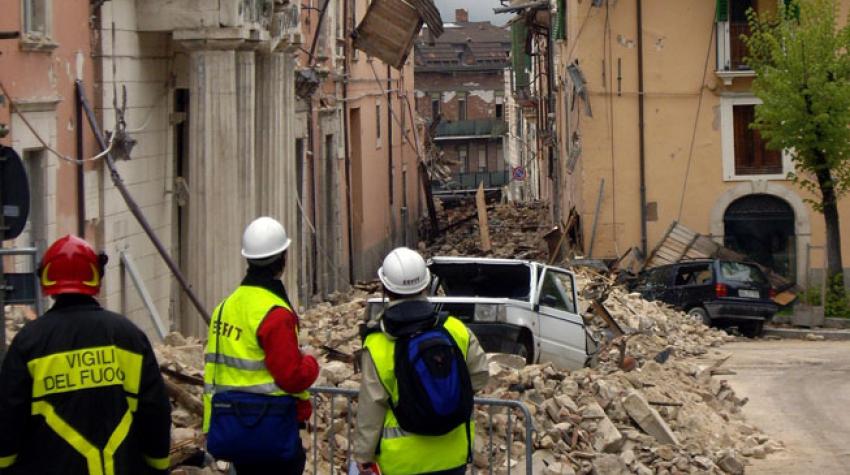
The Relevance of Soft Infrastructure in Disaster Management and Risk Reduction
The increasing frequency and severity of both natural and technological disasters in the world, especially but not exclusively in urban areas, put cities at the centre of discussion among practitioners and scholars alike, raising fundamental questions about nature and society, about development and technology.

Foreword
Member States meeting in Quito will adopt the New Urban Agenda, an action-oriented document that will set global standards for sustainable urban development. The Agenda will shape a new paradigm for building, managing and living in cities, relying on cooperation between partners, stakeholders, and urban actors at all levels of government, as well as the private sector.
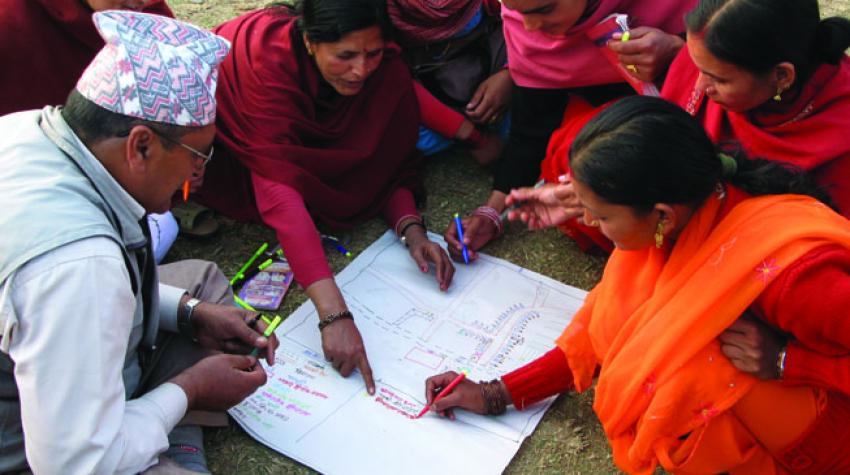
The New Urban Agenda's Road Map for Planning Urban Spatial Development: Tangible, Manageable and Measurable
The recently drafted New Urban Agenda, which Governments will adopt in Quito, reaffirms Member States' support of all the components of Goal 11. Both parts of the outcome document—the Quito Declaration on Sustainable Cities and Human Settlements for All and the Quito Implementation Plan for the New Urban Agenda—clearly enunciate three priorities that will frame the successful execution of Goal 11 and the urban aspects of the other SDGs, and lead to the achievement of sustainable urbanization in the coming decades. These priorities are: having a supportive governance structure, inventing and maintaining twenty-first century planning and managing urban spatial development, and establishing sound financing mechanisms.
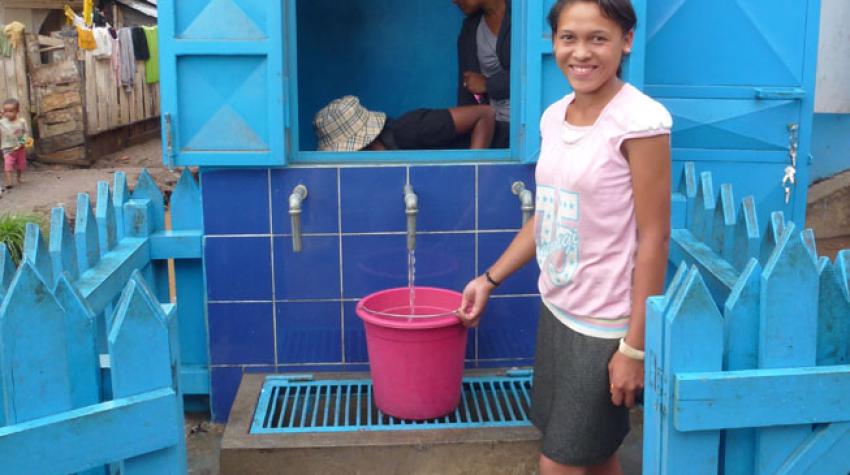
Working with Strong Service Providers to Address the Urban Water and Sanitation Challenge
For many people around the world, it is simply impossible to imagine life without easy access to safe drinking water or a toilet, yet the lack of such basic amenities is still a fact of life for too many in the global South. While it is true that transformational change in the provision of basic services has been achieved in some countries over the past 15 years, millions remain without access to water and sanitation.
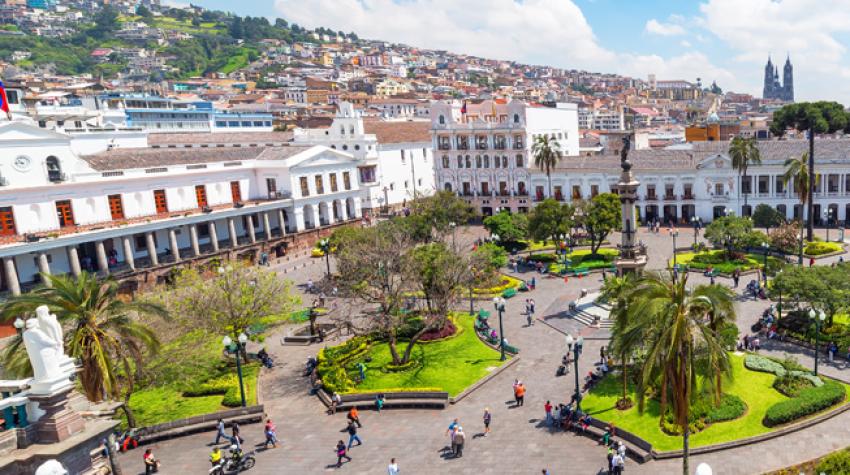
Habitat III Is the Citizens' Conference of the United Nations
Habitat III is set to present a historical paradigm shift of urbanization as a tool for development. The Conference conveys a clear message that the pattern of urbanization needs to change in order to better respond to the challenges of our time and to address issues such as inequality, climate change, informality, insecurity and the unsustainable forms of urban expansion.
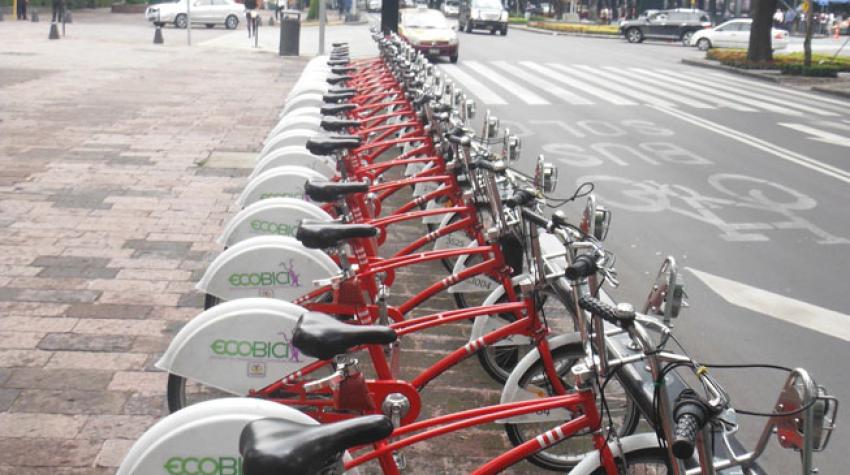
Green Spaces: An Invaluable Resource for Delivering Sustainable Urban Health
Multisectoral collaboration among decision-making entities and the public will be critical, as no single ministry or Government can achieve climate goals alone. It is also important to integrate participatory processes in policymaking and implementation at both the national and local levels for effective governance to act on social determinants of health. Health perspectives can help shape city policies that drive cost-effective urban planning and related transport mitigation strategies.
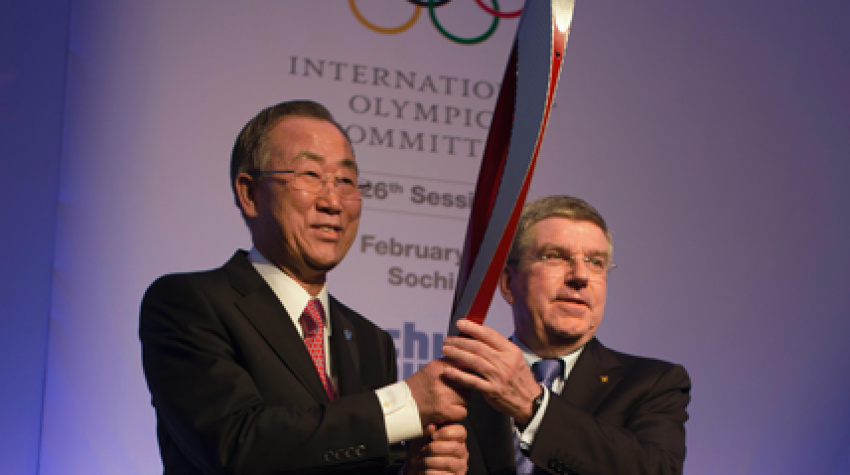
The Olympic Movement, the United Nations and the Pursuit of Common Ideals
In our highly interconnected and interdependent world, progress in safeguarding the values of sport and in strengthening sport in society requires cooperation. In order for sport to serve humanity, sport must engage with society.
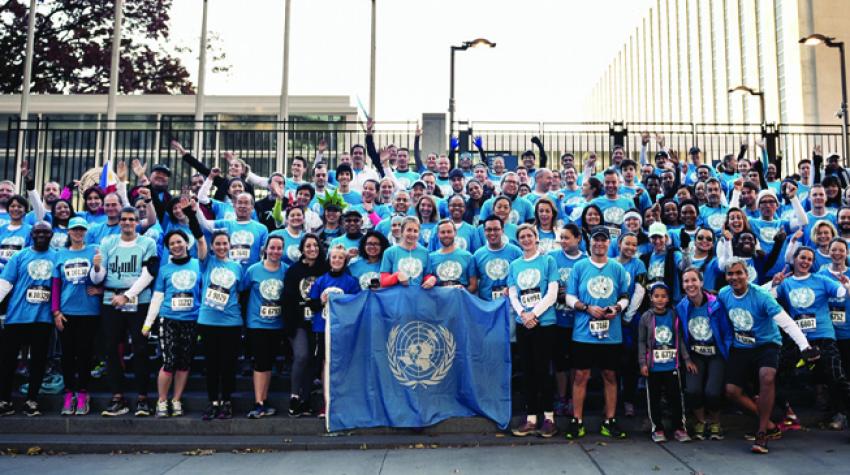
It's Never Too Late to Start Running
Had I not connected my run to a fundraising goal and received such overwhelming support, I would not have run 500 or so miles in the 20 weeks leading up to the Marathon, or been able to finish the Marathon itself. Committing to a goal that affects the lives of others was key to pushing myself to find the time and energy to run 25–30 miles a week.
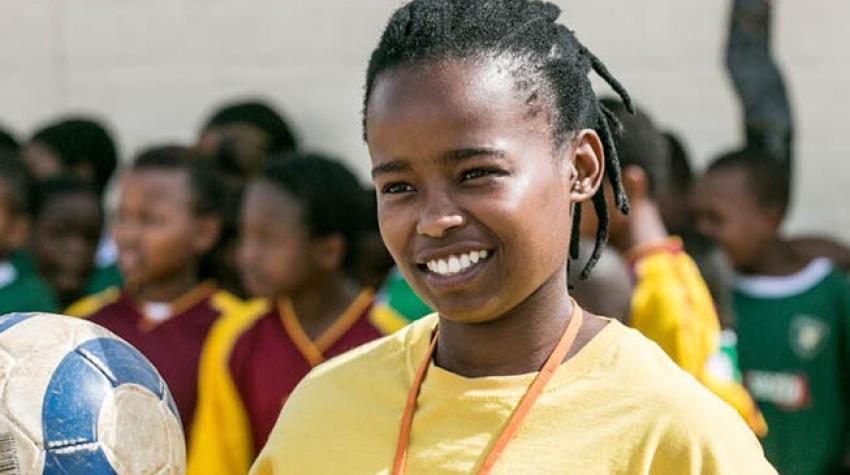
Changing the Game for Young People in Health and Development
Football and other sports are helping to equip our youth with the knowledge to protect themselves and make informed choices about their health, but we need to go further. The world urgently needs to readjust its thinking on adolescent health and well-being. Young people no longer want to be passive beneficiaries they are becoming change-makers in their own right. They can serve as powerful partners for policymakers in building effective responses to the HIV epidemic that are evidence-based and proven to work.
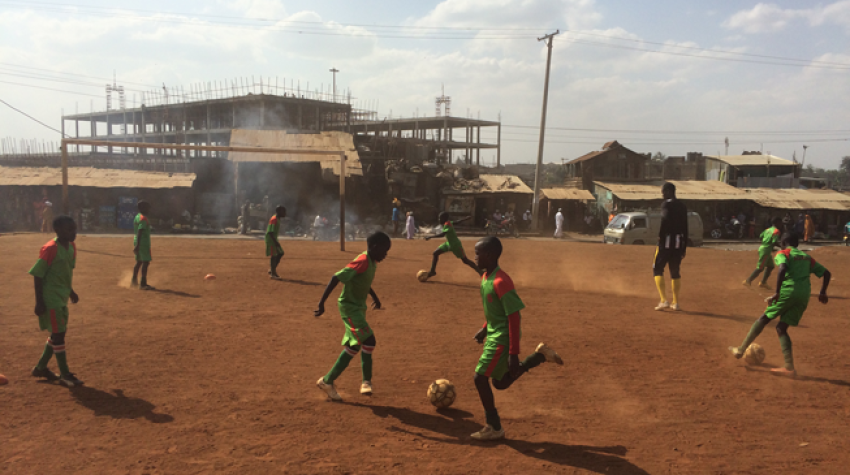
The Role of Sport in Achieving the Sustainable Development Goals
After 15 years of progress towards the unprecedented Millennium Development Goals (MDGs), the world has turned its attention to the successor Sustainable Development Goals (SDGs) in a period of transition to the newly adopted 2030 Agenda for Sustainable Development.

Georgian Rugby UNiTEs to End Violence against Women and Girls
Along with the relevant government agencies, international and non-governmental organizations, media and other actors, the public awareness-raising campaign conducted with the participation of Georgian rugby players has made a significant contribution to changing attitudes.

Sport Promoting Human Development and Well-Being: Psychological Components of Sustainability
Youth participation in sport for development is gaining popularity and momentum because of its value in promoting life skills and the essentials of global citizenship.There is increasing recognition of the efficacy of humanitarian programmes that employ sport as a tool for intervention and change in geopolitically and culturally diverse contexts.
